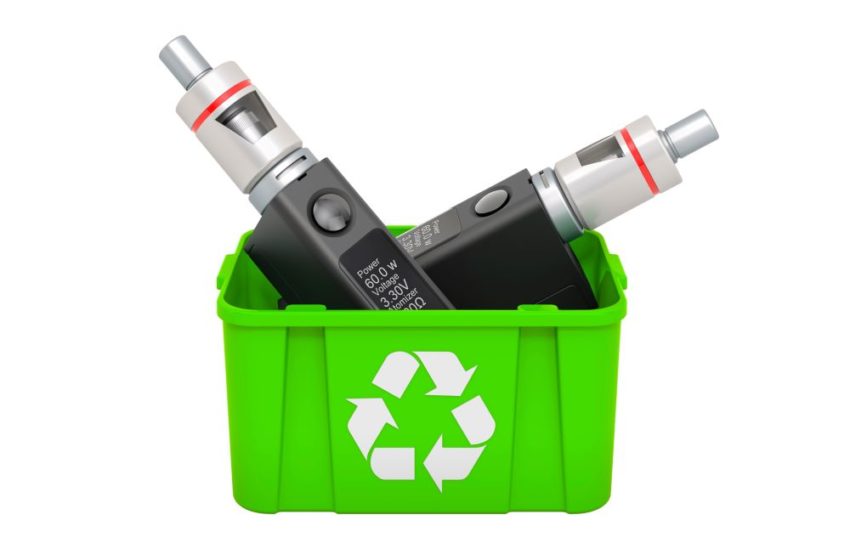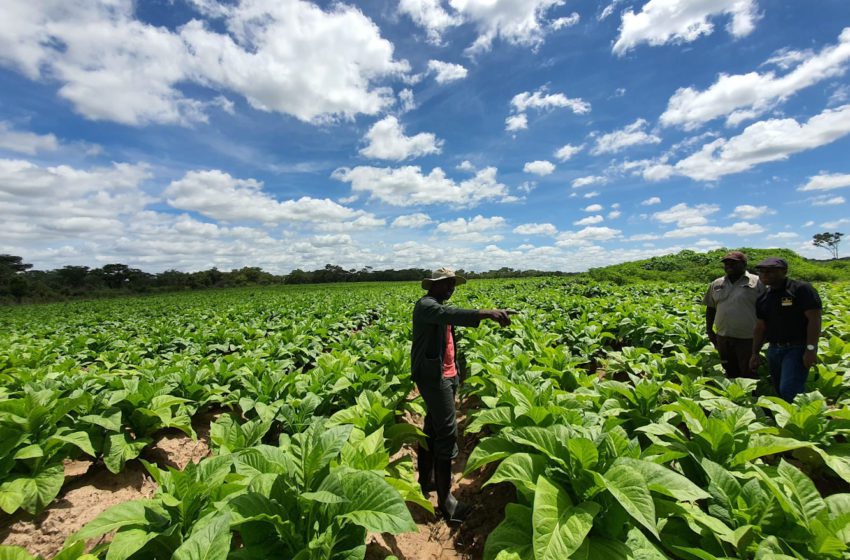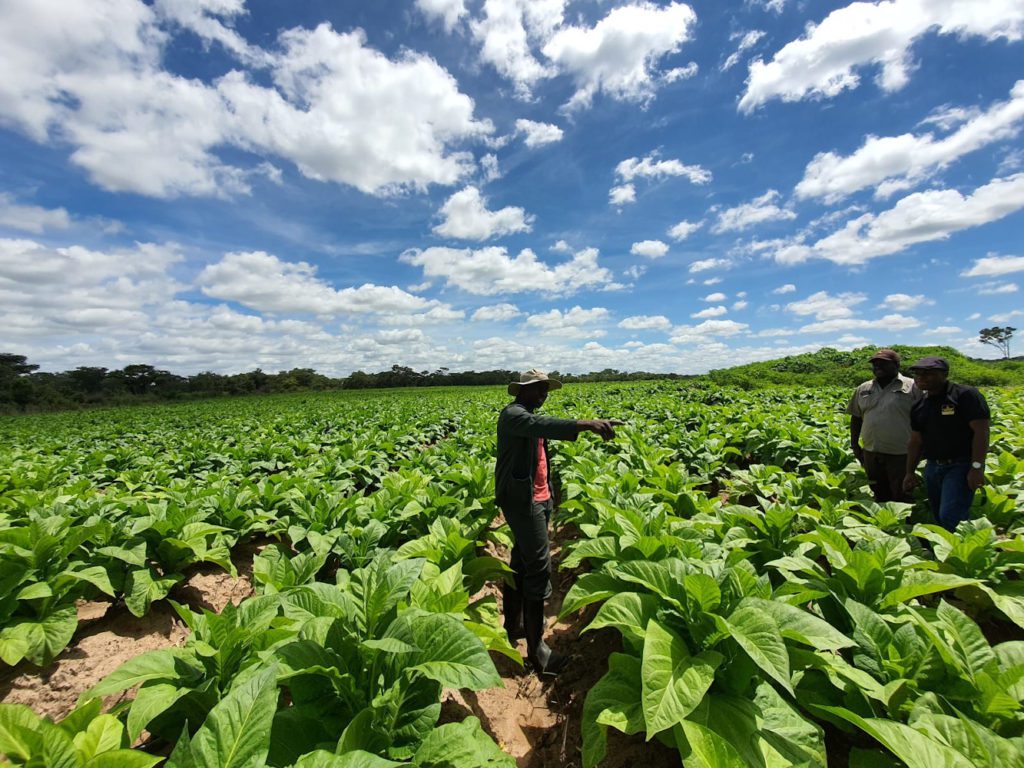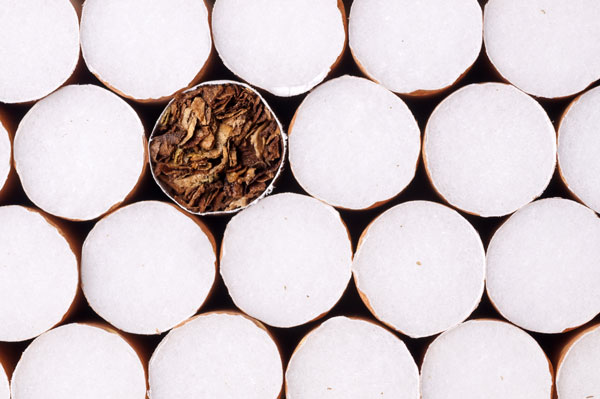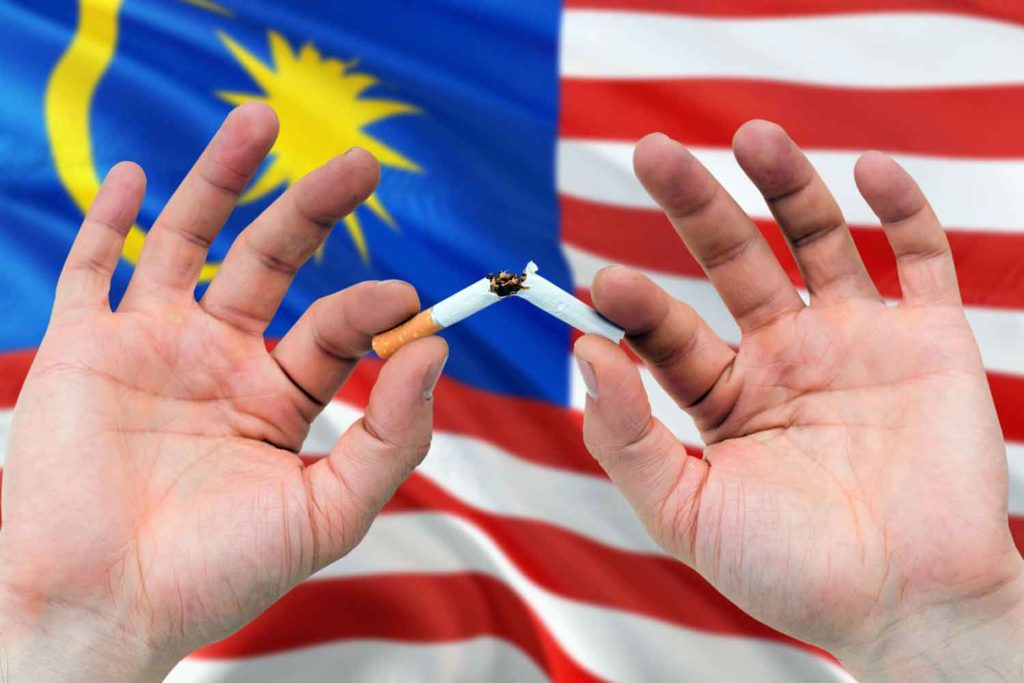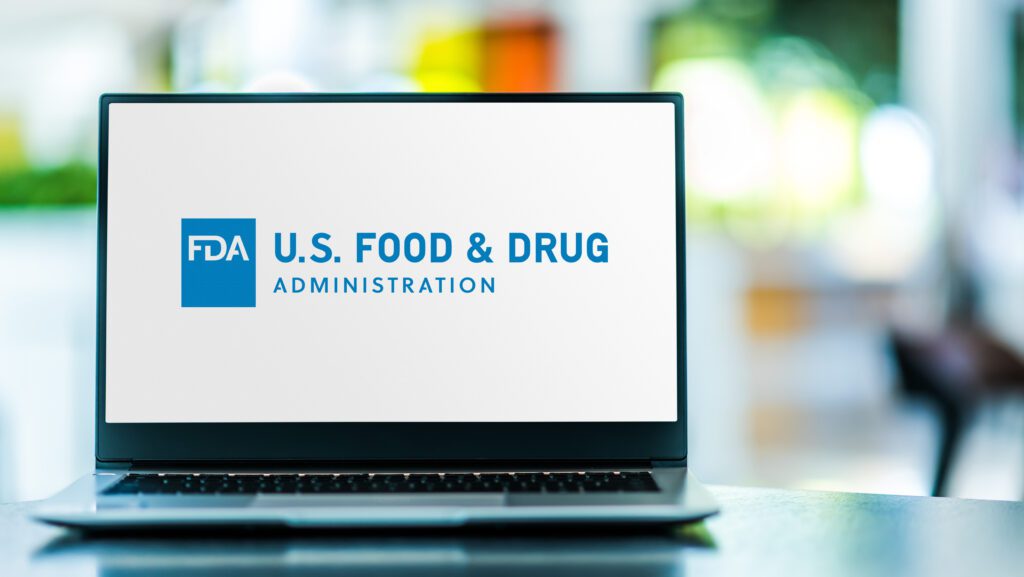The government watchdog group Protect the Public’s Trust filed a complaint with the Department of Health and Human Services over what it says are scientific integrity violations involving the impact of vaping.
The complaint states that the U.S. Food and Drug Administration is promoting public health messages on vaping that appear to be unsupported by its own research and scientific findings, according to Center Square.
Protect the Public’s Trust stated that the FDA was making “scientifically unfounded statements about the vaping industry” contrary to its own research, adding that the agency’s own data appeared to contradict the FDA’s public stance on vaping products.
Protect the Public’s Trust said an FDA report found that “only a subset” of the many harmful compounds found in cigarettes are found in vapes and “at much lower levels” than those in cigarette smoke. That FDA report found that menthol vapes were helping adult smokers quit cigarettes better than fruit flavors, candy flavors or traditional tobacco flavors.
In the complaint, Protect the Public’s Trust stated that former FDA Commissioner Scott Gottlieb presented vaping as comparable to smoking traditional cigarettes because “several of the dangerous chemicals in tobacco smoke are also present in the aerosol of some [vaping] products.”
But the FDA declared that “Vaping is not harmless. It carries real health and safety risks, including addiction and other negative health effects.”
“Many studies suggest e-cigarettes and noncombustible tobacco products may be less harmful than combustible cigarettes. However, there is not yet enough evidence to support claims that e-cigarettes and other ENDS [electronic nicotine-delivery systems] are effective tools for quitting smoking,” the FDA stated on its website.
Protect the Public’s Trust stated that there has been a pattern of the government not following “the science.” Protect the Public’s Trust also claimed in December 2022 that the Centers for Disease Control and Prevention failed to track side effects of taking the Covid-19 vaccine.
“Once again, it appears that federal public health leadership has chosen to sacrifice scientific integrity and the public’s rapidly disappearing trust on the altar of political and special interest agendas,” said Michael Chamberlain, director of Protect the Public’s Trust, in an email to The Center Square. “While we were promised that health officials would follow the science, what we have observed instead is a disturbing trend of ignoring or disregarding scientific research and data that don’t fit their particular biases.”



